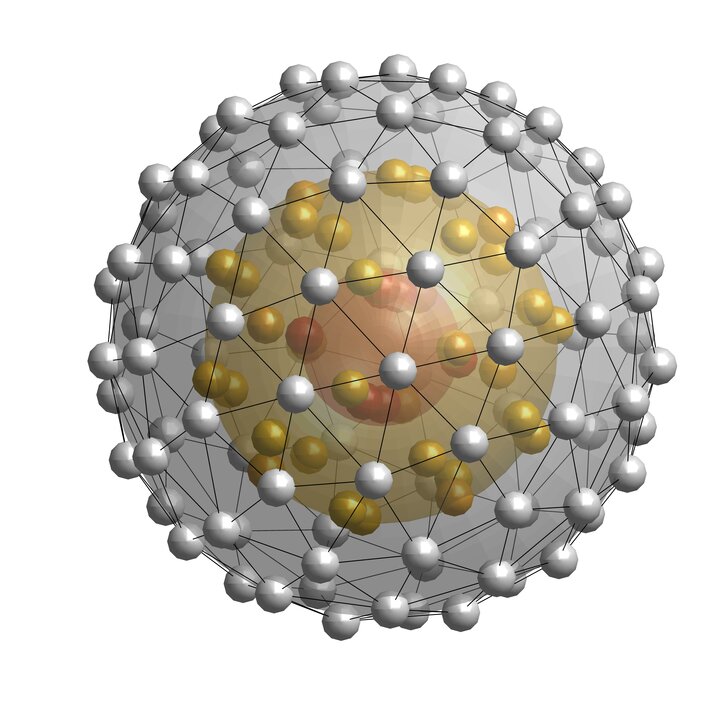Tanja Lange and Andreas Hülsing undertake research in post-quantum cryptography and algorithms, which aim at understanding how information can be made secure, even against “attack” by a quantum computer. Topics that are researched include:
1. development of cryptographic systems which (are conjectured to) provide post-quantum security;
2. development and analysis of quantum algorithms for crypto-analysis, i.e. to analyze the security of cryptographic systems against attacks using a quantum computer;
3. proofs in the area of quantum complexity theory that show lower bounds to the complexity of attacks using a quantum computer.
This research also has important implications for the development of quantum computer systems, since specific implications about the internal workings of a quantum computer have to be made when analyzing quantum algorithms beyond query complexity. Similarly, the better our understanding of what basic actions quantum computers can or cannot do efficiently in practice, the better the bounds one can obtain on the complexity of quantum attacks. The algorithms that are developed will prove useful as tests for small to medium sized quantum computers with limited number of qubits.
Tanja Lange and Andreas Hülsing undertake research in post-quantum cryptography and algorithms, which aim at understanding how information can be made secure, even against “attack” by a quantum computer. Topics that are researched include:
1. development of cryptographic systems which (are conjectured to) provide post-quantum security;
2. development and analysis of quantum algorithms for crypto-analysis, i.e. to analyze the security of cryptographic systems against attacks using a quantum computer;
3. proofs in the area of quantum complexity theory that show lower bounds to the complexity of attacks using a quantum computer.
This research also has important implications for the development of quantum computer systems, since specific implications about the internal workings of a quantum computer have to be made when analyzing quantum algorithms beyond query complexity. Similarly, the better our understanding of what basic actions quantum computers can or cannot do efficiently in practice, the better the bounds one can obtain on the complexity of quantum attacks. The algorithms that are developed will prove useful as tests for small to medium sized quantum computers with limited number of qubits.
